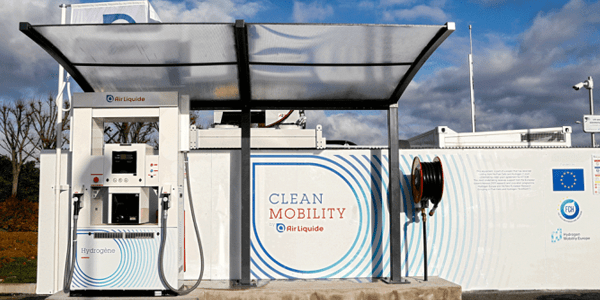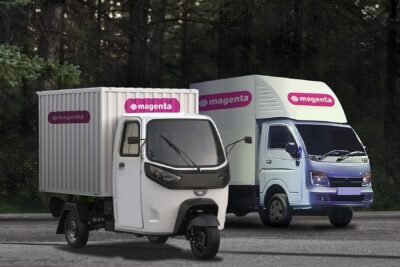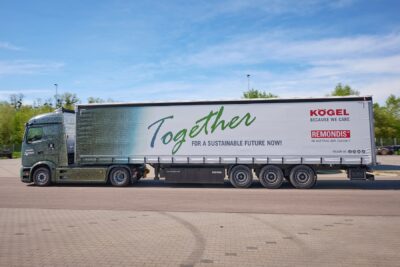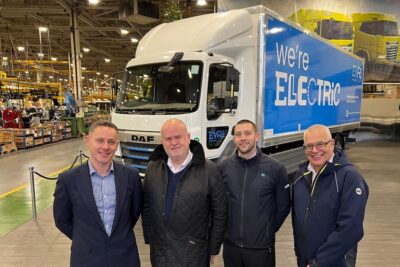European hydrogen corridor for 1000 fuel cell trucks
Initiated by the Port of Rotterdam Authority and AirLiquide, several European companies have joined forces to provide a hydrogen corridor for fuel cell trucks in the Netherlands, Belgium and Germany. They target 1,000 trucks by 2025.
AirLiquide and the port of Rotterdam consider this “one of the largest projects in Europe for the development of hydrogen trucks and related infrastructure”. In their communication, they already name “several partners from the supply chain” have joined the initiative. These include the Dutch VDL Group as well as Iveco and the US start-up Nikola for delivering the fuel cell trucks. Logistics companies such as Vos Logistics, Jongeneel Transport and HN Post are also involved. Besides, “leading fuel cell suppliers have already agreed to join,” said the initiators but fail to specify the latter individually.
To start with, the partners will do a feasibility study of the whole value chain envisioned by the project. This includes setting up an electrolysis capacity to produce low carbon hydrogen. The port authority further suggests that to have 1,000 hydrogen-powered trucks on the road, they will need 25 high capacity hydrogen stations to connect the Netherlands, Belgium, and West Germany. The port of Rotterdam expects that about 500 trucks will start from the port city and distribute the goods delivered there.
In this way, the port wants to secure its future business model by ensuring that transport meets the EU’s and companies’ sustainability criteria before others establish clean distribution routes. “With this coalition of partners that complement one another, we can give zero-emission road transport a boost,” says Allard Castelein, CEO of the Port of Rotterdam, for example.
But the expansion of the corridors has not yet been decided. According to the Port of Rotterdam and Air Liquide, they invite other companies to join the initiative in the coming months. The investment decision will be made at the end of 2022 at the earliest.
However, it is not the first project Rotterdam and AirLiquide are involved in. Together with political players, they are working the RH₂INE project that stands for ‘Rhine Hydrogen Integration Network of Excellence’. It involves seventeen partners along the so-called Rhine-Alps corridor stretching from Rotterdam to Genoa which they want to turn into a purely hydrogen-based transport route – by water, road and rail.
Besides, the European continent has seen other projects involving fuel cell trucks coming underway: Earlier this week, Hyundai delivered the first ten fuel cell trucks to Switzerland. By 2025, this figure is expected to rise to 1,600 vehicles. Various partners along the value chain are also involved in the project there.
Also this week the EU Commission had presented its first hydrogen strategy. Brussels primarily wants to electrify traffic with batteries directly. Still, in sectors “where electrification is difficult”, the strategy promotes “renewable hydrogen as well as sustainable biofuels and biogas”.





0 Comments